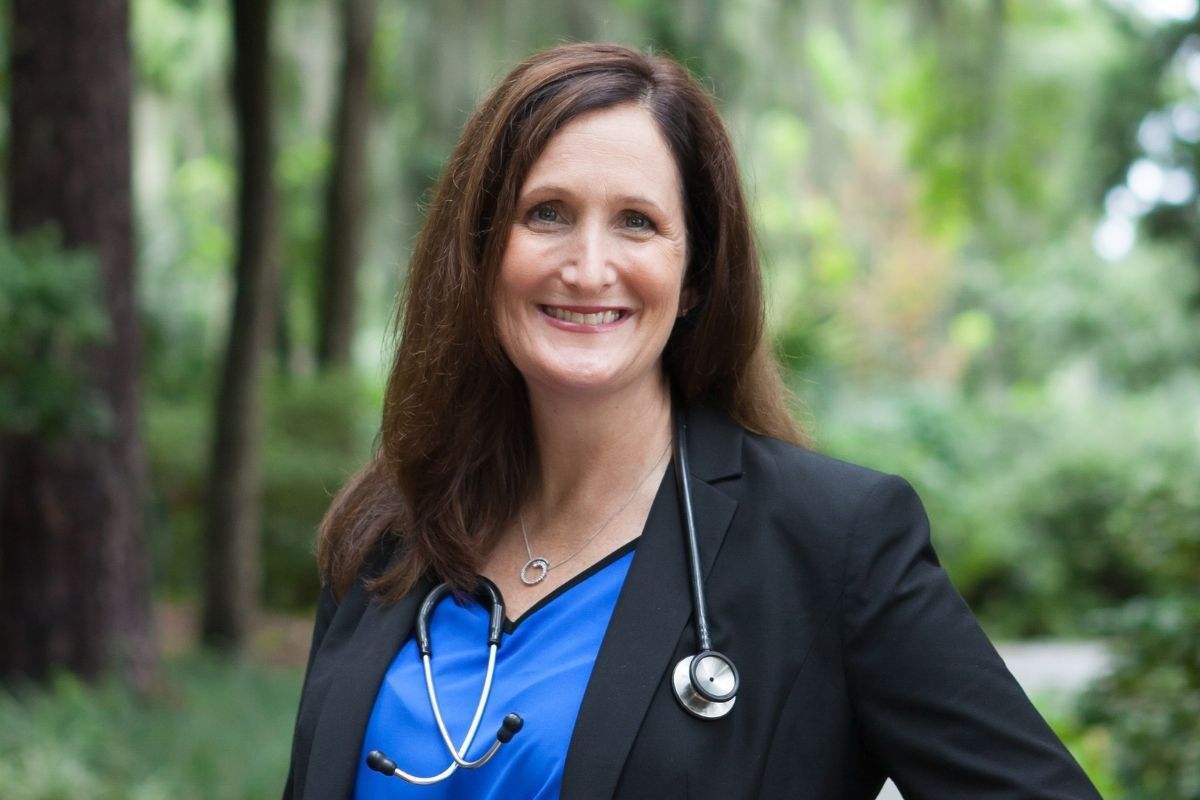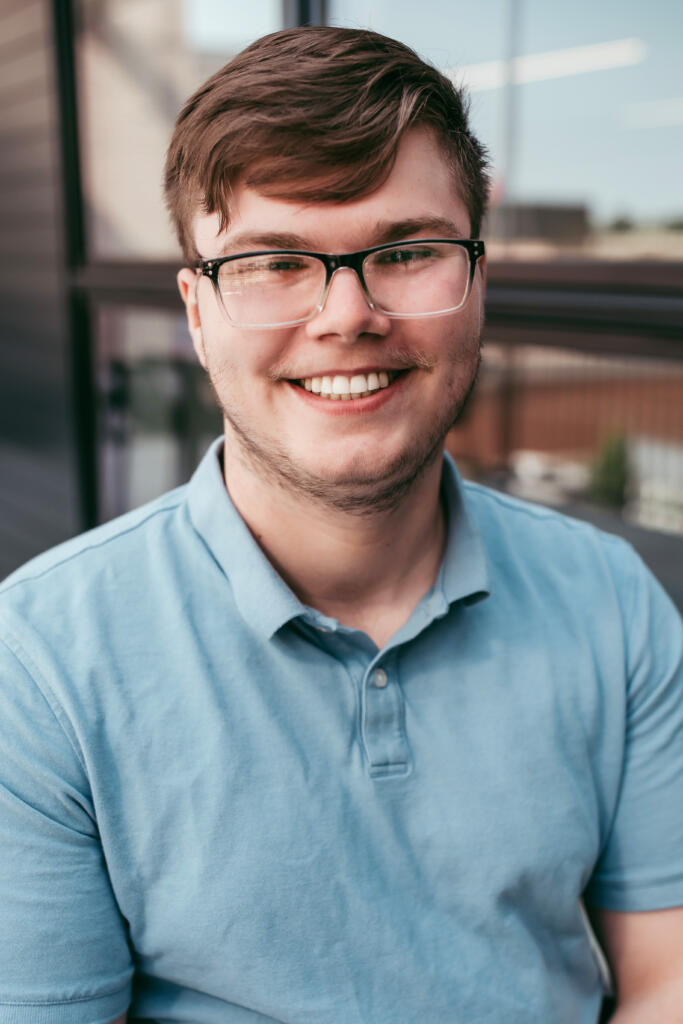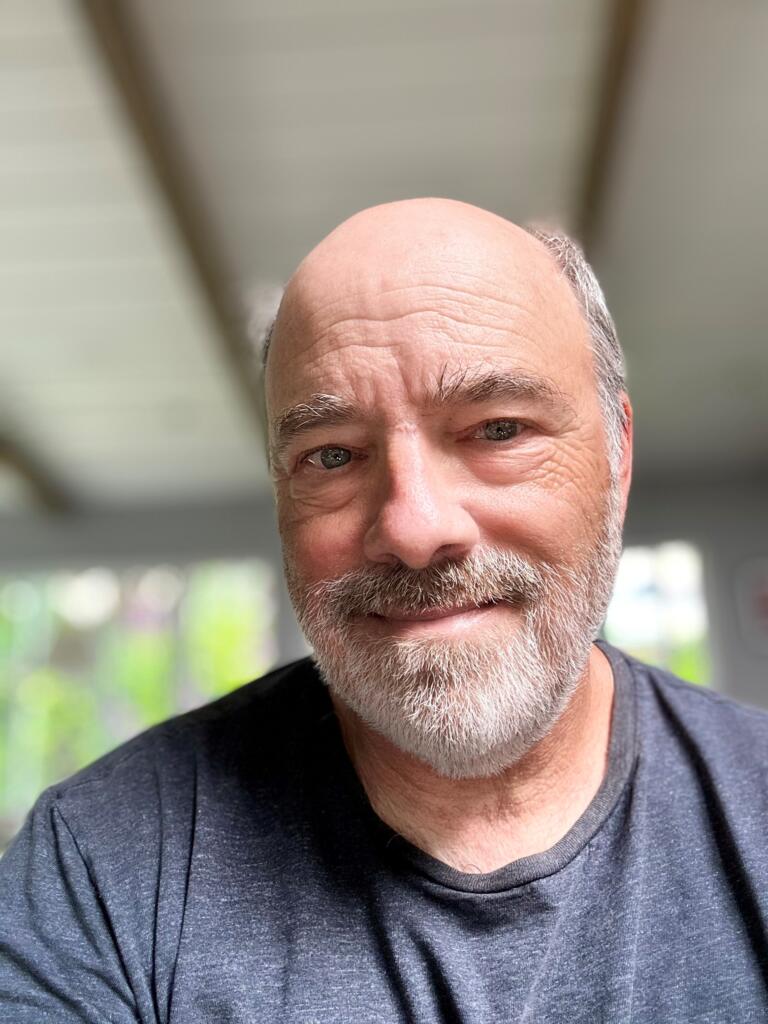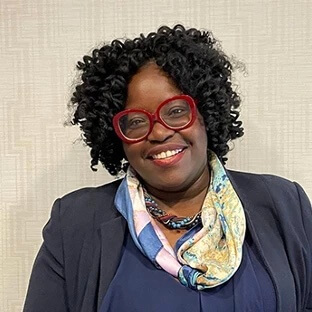Enrolling in clinical trials
Clinical trials advance T1D treatments and care so people with T1D can live fuller, healthier lives.

Clinical trials
Critical to making T1D a condition of the past
For a treatment, drug, or device to make it into the hands of people with type 1 diabetes (T1D), it must first complete a vital step—a clinical trial.
Currently, there are over 300 clinical trials underway to prevent, cure, and treat T1D and its complications. Enrolling in these clinical trials as quickly as possible is mission critical.
We’re here to make it as easy as possible for every member of this incredible community to learn more about clinical trials and consider participation.
Learn more about clinical trials
Despite how critical clinical trials are to finding therapies to cure, prevent, and treat T1D, many are delayed due to slow enrollment, adding cost and prolonging the results. Participating in a clinical trial is a great way to contribute to a future without T1D!

Visit our partners at Antidote to match with clinical trials you might be eligible for—all in under a minute.
Our Clinical Trial Education Volunteers (CTEVs) are highly trained to answer questions you may have or connect you to local clinical trial coordinators.
Sign up for our monthly research newsletter, The Pipeline, to stay up to date on the latest in T1D science and clinical research.

We want every member of the diverse T1D community to be aware of clinical trials, how to participate, and where to find information. The next generation of breakthroughs depends on it!”
Clinical trials FAQs
A clinical trial is a research study involving human volunteers that tries to answer a specific health question. Clinical trials closely monitor people’s progress as they take part in the study of an investigational drug, device, or method of treatment that has not been approved by the FDA for that specific indication. Carefully conducted clinical trials are the gold standard to find treatments that work. Whether it’s an everyday, over-the-counter treatment, or the latest and greatest medical device, it went through the rigorous testing process of a clinical trial.
- You may get access to new treatments and technologies not available to the public. You may also have access to top diabetes clinics and researchers while enrolled in the clinical trial.
- But one thing is certain: you will feel empowered knowing that your contribution to clinical research will help advance medical treatments and technologies for future generations!
There are many clinical trials that a person with long-standing T1D diagnosis can enroll in. Go to the Breakthrough T1D Clinical Trials Connection, and enter where you live, the distance you can travel, and other attributes to be matched with clinical trials that you may be eligible for. You can even get up-to-date information on new trials when you enter your email address. Find your local Breakthrough T1D CTEV to discuss clinical trials in your area or virtual trials
All clinical trials have guidelines, called eligibility criteria, about who can participate. The criteria are based on such factors as age, sex, stage of disease, previous treatment history, and other medical history. These criteria help to reduce the risk to an individual and variation within the study, and to ensure that the researchers will be able to answer the questions they plan to study. Therefore, not everyone who applies for a clinical trial will be able to participate.
In clinical trials, experimental drugs are often compared with placebos (a treatment with no therapeutic value) to evaluate the treatment’s effectiveness.
Breakthrough T1D has an easy-to-use tool called the Clinical Trials Connection, which asks users simple questions—about where they live, the distance they can travel, and other characteristics—to match them with trials for which they are eligible. Currently, there are more than 300 clinical trials for people living with T1D and T1D-related complications underway.
Currently, there are more than 300 clinical trials for people living with T1D and T1D-related complications under way.
Unfortunately, no. Many clinical trials are delayed or fail because doctors cannot find enough people to take part.

Participating in clinical trials has given me valuable insights into the latest T1D research and provided me with a strong sense of community.”
Clinical trial spotlight: PREDICT
In the Breakthrough T1D-funded PREDICT study, Yale researchers are seeking to better understand the mechanisms that drive the progression from non-symptomatic (early stages) T1D to symptomatic T1D. They are recruiting individuals between the ages of 12 and 30 with at least one T1D autoantibody.

To reach our dream of finding cures, we need to step forward to test new T1D treatments and technologies.”
Clinical Trial Education Volunteers
Your key to participation!
Our national team of Clinical Trial Education Volunteers (CTEVs) are highly trained to answer any questions you may have or introduce you to the clinical trial team near you.
Bithika Thompson, email at Thompson.Bithika@mayo.edu
Carrie Khouri, email at type1diabetesvolunteer@gmail.com
Kim Fisher, email at kim@galimagroup.com
Dessi Zaharieva, email at dessi@stanford.edu
Meredith Coors, email at meredithcoors@gmail.com
Marjorie Lazarre, email at majorie.lazarre@ynhh.org
Teresa Switzer, email at tiswitzer@comcast.net
Craig Bobik, email at cbobik32@gmail.com
Anna Casu, email at anna.casu@adventhealth.com
Holly Hailey, email at hollyhailey@comcast.net
Stephanie Pfaff, email at Stephaniepfaff23@gmail.com
Katie Doyle, email at Catherine.doyle307@gmail.com
Jamie Felton, email at jamifelt@iu.edu
Amanda Gilchrist, email at Amandajgilchrist@gmail.com
Debbie Evans, email at debbieaevans1@gmail.com
Angie Grant, email at anggrant@hotmail.com
Brandee Faille, email at brandee@tifec.com
Mark Cagwin, email at Mark.Cagwin@ssmhealth.com
Julie Geddes, email at juliebgeddes@gmail.com
Laura Brigham, email at Lbrigham52@gmail.com
Alecia Wesner, email at aleciawesner@gmail.com
Laura Tremblay, email at ldtremblay71@gmail.com
Jude Restis, email at jrestis@yahoo.com
Sidney Smith, email at sidneysmith981@gmail.com
Janey Bootle, email at jbootle@BreakthroughT1D.org

Clinical trials are the only way to get to a cure. The more folks that participate, the more data we have to improve and optimize treatment options.”
Get the latest news and updates from Breakthrough T1D
Sign up for our monthly Research Newsletter, The Pipeline, to stay up to date on the latest in T1D science.


